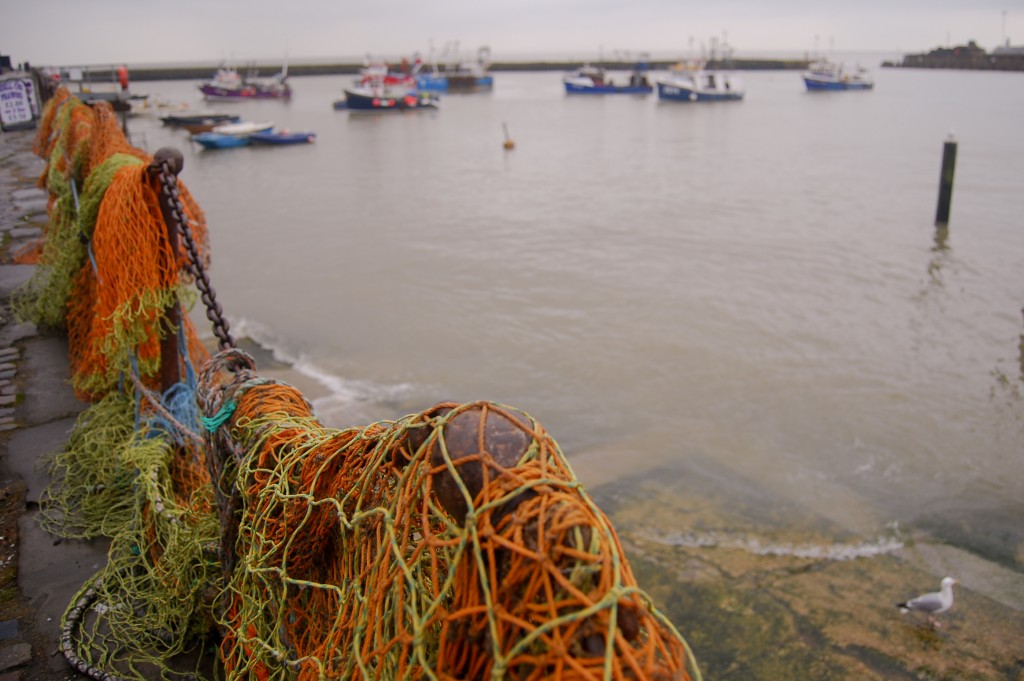
Dr Margherita Pieraccini, Lecturer in Law, Law School
Do our seas need more environmental protection?
Are marine protected areas the right answer?
Who are or should be the actors furthering marine conservation and governance?
These questions are at the core of the Ecologies and Identities project carried out at the University of Bristol Law School and funded by the Economic and Social Research Council (ESRC). The project looks at the law and policy behind the UK’s new marine protected area (MPA) network. It asks how marine protected areas and marine conservation zones are being implemented and who is getting a say in where they are placed and how they are managed. It asks what this means for the future of our seas and how they are used.

Emma Cardwell, Research Assistant, Law School
Ecologies and Identities analyses the acts stipulating the creation of the MPA network and studies their implementation. Those acts include: The Marine and Coastal Access Act 2009 in England and Wales and the Marine (Scotland) Act 2010 in Scotland.
Both of these acts are unusual in UK conservation law because they include new mechanisms in the designation of protected areas; namely the recognition of socio-economic considerations and stakeholder and public involvement. This process has traditionally been top-down and purely science-led, so the experience of MPAs tells us a lot about how (and if) public consultation can be successfully included in national conservation measures, the steps to success, and the pitfalls to avoid.
 The project covers three case study areas chosen for their institutional and ecological diversity: the south east coast of England (between Folkestone and Hastings), the Scilly Isles, and the south west of Scotland (between Barra and Arran). It uses interviews and group workshops in these areas to study the MPA implementation process and its impacts on the ground.
The project covers three case study areas chosen for their institutional and ecological diversity: the south east coast of England (between Folkestone and Hastings), the Scilly Isles, and the south west of Scotland (between Barra and Arran). It uses interviews and group workshops in these areas to study the MPA implementation process and its impacts on the ground.
Ecologies and Identities will help us understand how conservation law can best incorporate stakeholder interests and local ecological knowledge. It will explore the role of uncertainties such as poor scientific data and climate change in marine conservation and look at how participatory conservation planning can affect the way people think of their own role in the environment.
Ecologies and Identities is led by law lecturer Margherita Pieraccini, with Emma Cardwell acting as a research assistant. To find out more, visit www.ecologiesandidentities.com. You can also follow the project on twitter or like it on facebook.
